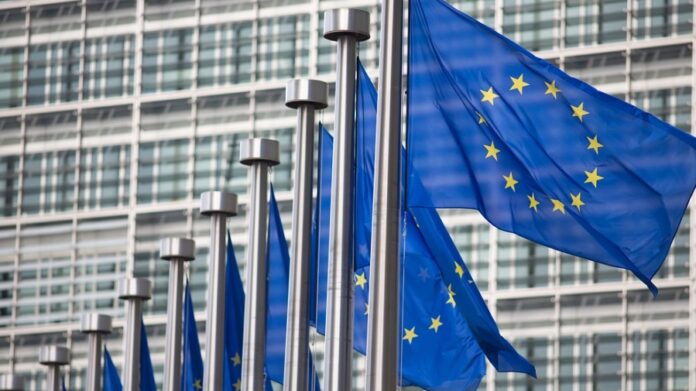EU foreign and defence ministers meet on Monday to discuss imposing further sanctions on Moscow and to decide whether to introduce an oil embargo, according to Reuters.
Trying to force a Russian military withdrawal from Ukraine, the European Union and its Western allies has already imposed a panoply of sanctions including freezing the Russian central bank’s assets.
The humanitarian crisis in the port city of Mariupol, where residents are besieged with little food, water and power, is increasing pressure on European leaders to toughen sanctions on Moscow.
„It’s unavoidable we start talking about the energy sector, and we can definitely talk about oil because it is the biggest revenue to Russia’s budget,” Lithuanian Foreign Minister Gabrielius Landsbergis said as he arrived at the Brussels meeting.
Landsbergis stated that the credibility of the West was on the line.
„We cannot get tired of imposing sanctions, we cannot get tired of bringing assistance and help to Ukraine,” he said.
U.S. President Joe Biden arrives in Brussels on Thursday for summits with NATO’s 30 allies, the EU, and in a Group of Seven (G7) format including Japan, designed to harden the West’s response to Moscow.
The Kremlin has so far not been moved to change course in Ukraine by four rounds of EU sanctions imposed over the past three weeks, including on 685 Russians and Belarusians and on Russian finance and trade.
A fifth round of sanctions will include adding more names to the EU blacklists. But the economically toughest choice is whether to target Russian oil, as the United States and Britain have done, given the 27-nation EU’s dependence on Russian gas for energy.
Diplomats told Reuters that Baltic countries including Lithuania are pushing for an embargo as the next logical step, while Germany is warning against acting too quickly because of already high energy prices in Europe.
Russia invaded Ukraine on February 24. Putin has called Russia’s actions a „special operation” meant to demilitarize Ukraine and purge it of what he sees as dangerous nationalists. Ukraine and the West say these are baseless pretexts for an aggressive war.
Diplomats have said a Russian chemical weapons attack in Ukraine, or a heavy bombardment of the capital Kyiv, could be a trigger for an energy embargo.
Moscow itself has warned that EU sanctions on Russian oil could prompt it to close a gas pipeline to Europe.
For now, the EU, which relies on Russia for 40% of its gas, with Germany among the most dependent of the EU’s large economies, is divided on how to tackle the energy issue.
France, which heads the EU’s six-month presidency, could prove crucial.
President Emmanuel Macron has said that if the situation worsens even further in Ukraine – where thousands have been killed, millions displaced and some cities devastated by shelling – there should be no „taboos” in terms of sanctions.
Defence ministers will also discuss a „strategic compass,” the closest thing the EU would have to a military doctrine, to adapt to a new geopolitical reality.


